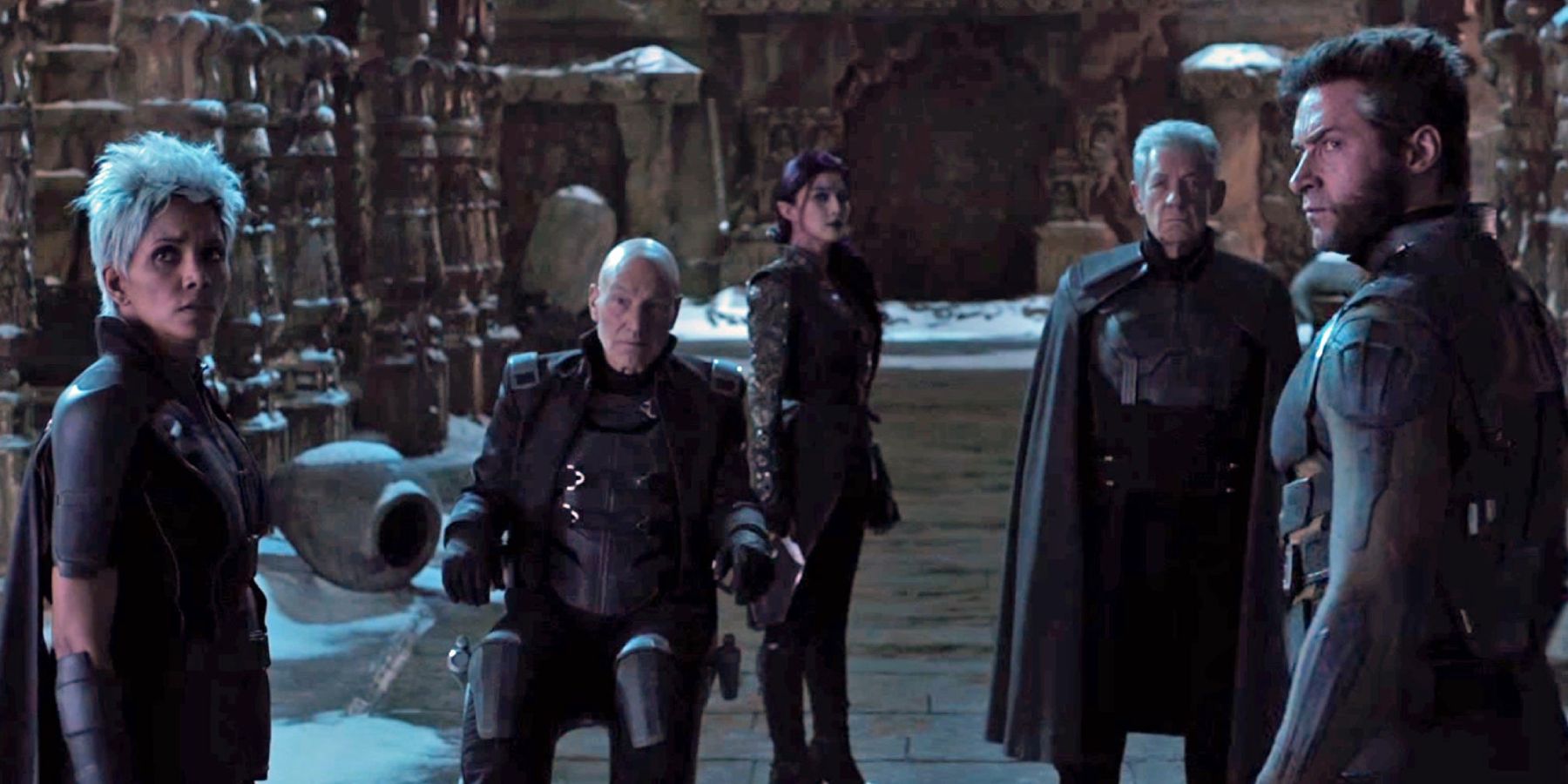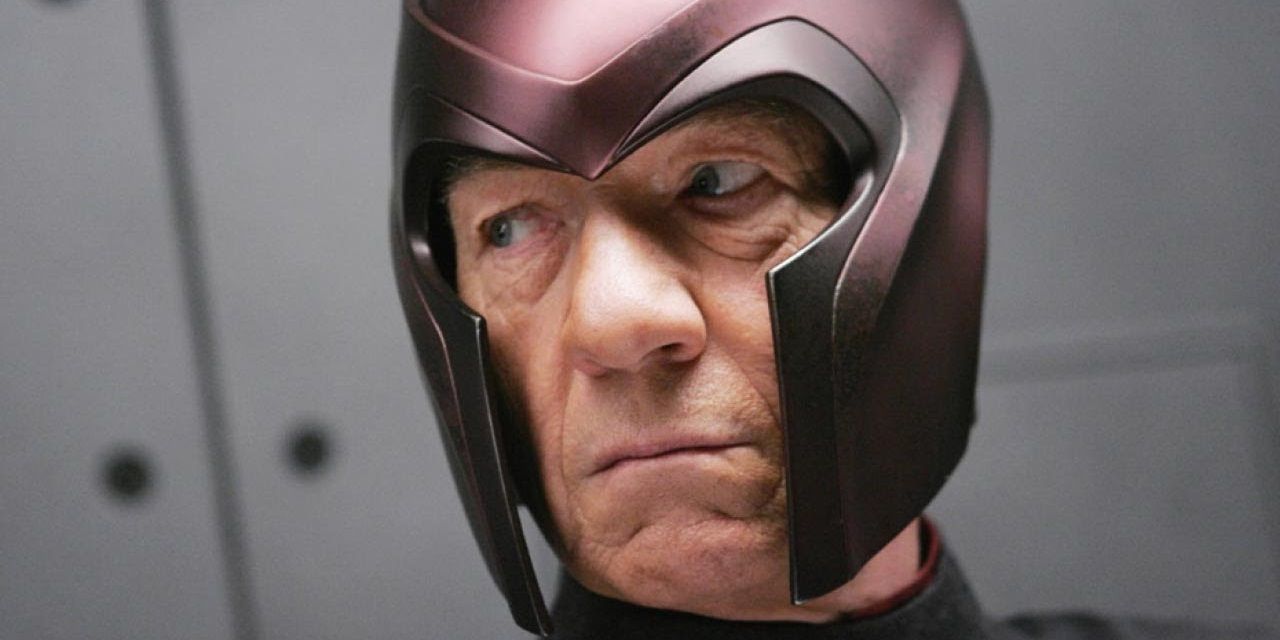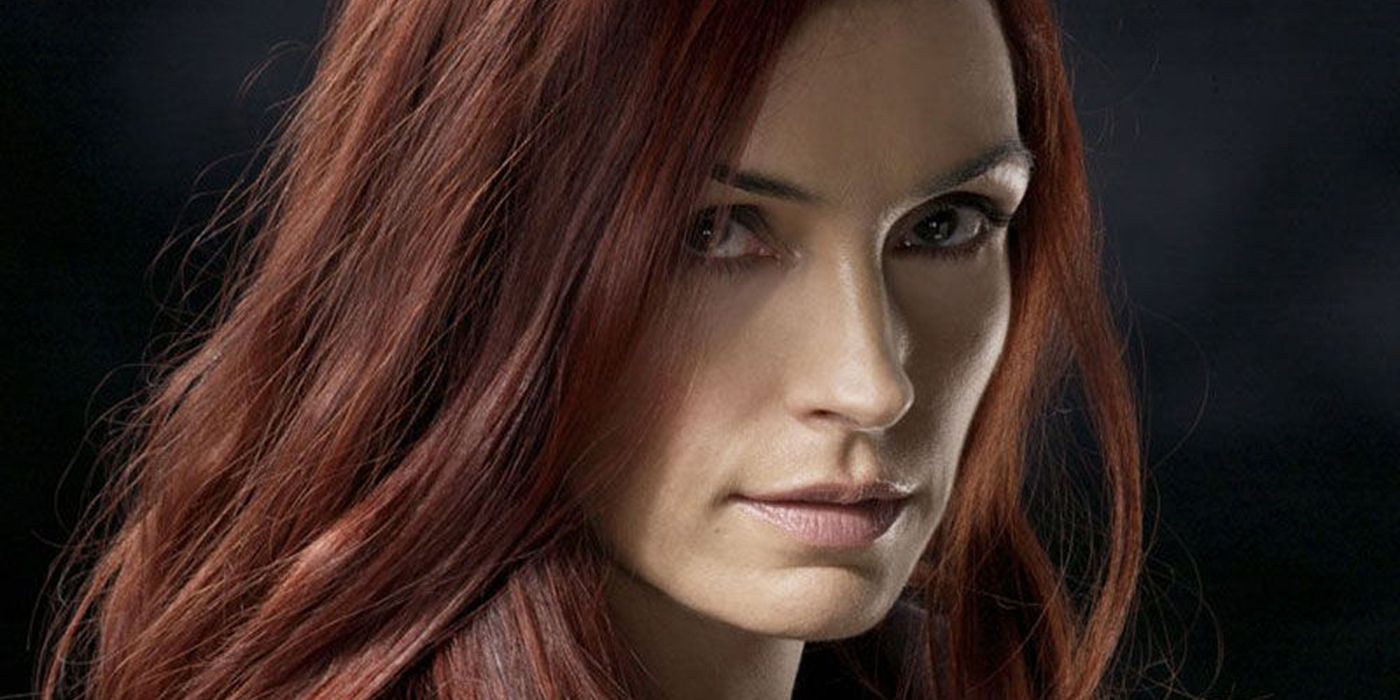As Disney acquires more and more, a Marvel Cinematic Universe take on the X-Men seems more feasible by the day. There have been many X-Men films, but the original trilogy from 2000 to 2006 is a fascinatingly mixed product, full of strange choices that could teach some important lessons.
The MCU's output has achieved the incredible feat of making dozens of films without ever making anything worse than mediocre. Comic book movies in the time before the MCU were much more uncertain, wavering wildly in quality, sometimes within the same franchises. In this period, though its somewhat impossible to imagine now, the idea of making a comic book movie was an uphill battle. It can feel like nearly every film coming out is a comic book movie today, but back then, studios shied away from the silly elements of the iconic franchises they adapted. Even today, the perfect poster for that concept is the original X-Men trilogy.
RELATED: 5 Mutants Who Should Make Up The First MCU X-Men Team (& Which Actors Should Play Them)
Taking a look at the original X-Men's aesthetic immediately raises the eyebrows of committed fans. The film came out in 2000, revealing the mutant heroes decked out head to toe in black leather. This decision flew in the face of the comic book's colorful and iconic portrayals. It's clear to anyone who can remember the era why they would make that decision, too cowardly to put heroes in yellow spandex, the filmmakers turned to the stylistic juggernaut of the time; The Matrix. The intent was to avoid looking silly or unnecessarily dating the film, but a glance at the design two decades later reveals that they made those very problems much worse. The MCU is the media phenomenon that made this problem less common, but keeping designs timeless and not disrespecting source material is a great lesson for any adaptation.

One of the most common pieces of criticism Marvel has received over the years has been the quality of their villains. Though they've definitely had their standouts, there are just as many that even fans would struggle to remember. Too often, the MCU falls back on boring villains using some big weapon to destroy the planet for a weak or generic motivation. This is usually a consequence of focusing on the heroes, leaving too little screentime for the antagonist to flesh out a full personality and motivation. The X-Men films do not have that problem, because their villains are as often as important to the story as their heroes.
The iconic X-Men villain is Magneto, played magnificently in the original trilogy by Sir Ian McKellen. Magneto's philosophy, calculating villainy, and effortless power make him unforgettable, but it also makes him the perfect villain for the narrative. He leads a team of villains who each have their own personality and role on the team, from the brutal Sabretooth to the cunning Mystique. They make waves in the first film, but really get to shine in X2, when they are forced to join the heroes. Marvel regularly surrounds villains with faceless drones, clearly only there to get destroyed by the heroes. The MCU could learn from the X-Men films to create ensembles of villains as immediately identifiable as their teams of heroes.

Another success of the original X-Men trilogy is its approach to social commentary. One of the most effective scenes in superhero cinema is the discussion with Iceman's parents in X2. It's a brutally awkward scene, perfectly encapsulating the scale of the problem. The film takes great pains to demonstrate that prejudice is present from highest house of power to the family home. The mutants of Marvel Comics have always been an allegory, and though the MCU has tackled a social issue or two, this trilogy's bold stance in big scenes and small could push Marvel in the right direction when it's their turn.
One of the hardest things about making an X-Men film is the sheer number of characters and concepts that a script would need to introduce and keep in the air. A film can only be so long, and missing too many of the beloved characters will irritate fans. How better to learn the difficulties of balancing a big plate than by looking to a film that failed outright.
X-Men: The Last Stand gets a ton of hate, and it deserves a lot of it, but its biggest failure is trying to shove too much in and not knowing what to cut. The Last Stand is an adaptation of two big storylines, but its overstuffed plot and constant action leave it without time to experience the emotional depths the series had reached in past installments. It's significantly shorter than X2, and where it chooses to cut for time is in the emotional heart. The MCU has sometimes struggled to find the heart of action-heavy films, perhaps they can learn from The Last Stand's example that balancing action and heart is crucial.

The X-Men trilogy definitely did a lot of things right and a lot of things wrong, but when Marvel takes over this iconic franchise, hopefully, they will learn from both halves. The MCU's X-Men may take a long time to see daylight, but when it does, fans will see whether they can top these groundbreaking classics.
MORE: He's All That Star Rachael Leigh Cook Regrets Passing On X-Men Role

